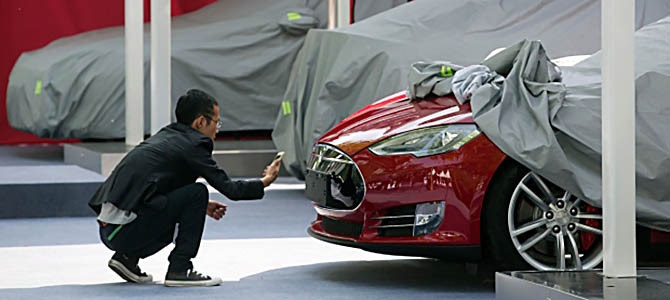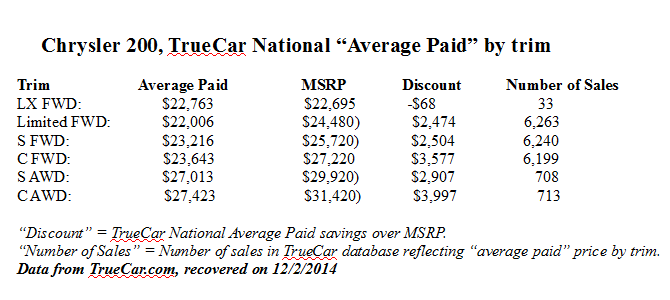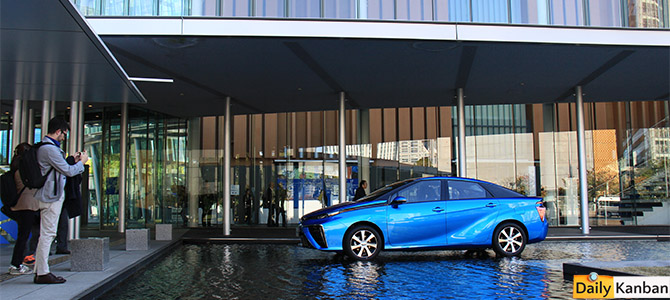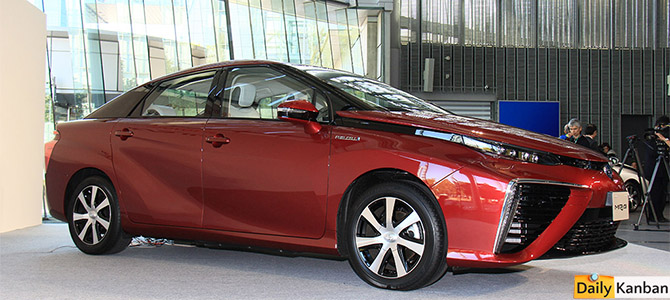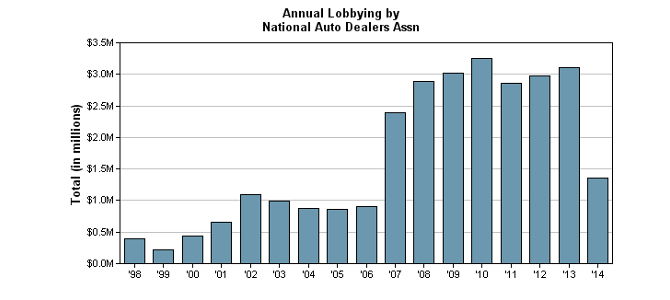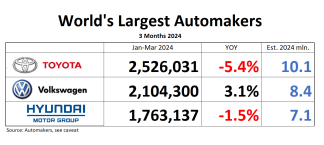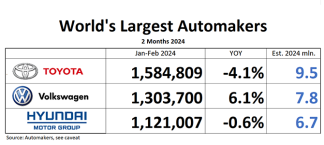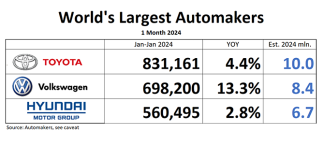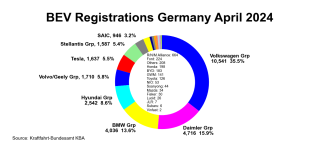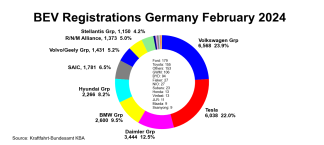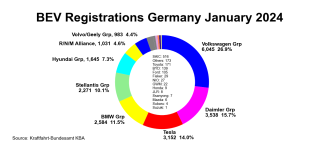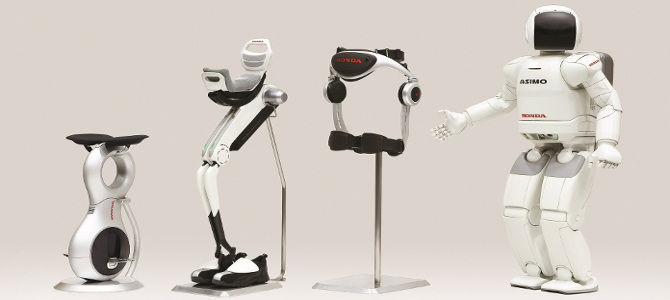
Time to get out of the lab…
Over the last decade or so, it has become increasingly fashionable for automakers to explore new forms of mobility outside of the traditional automotive paradigm. Initially much of this was the industry’s usual blue-sky “concept car” dreaming, but as Google’s pushes autonomous cars towards reality and the auto industry comes to term with the digital revolution, automakers are taking the idea of rebranding as “mobility companies” more and more seriously. But, as with most high-concept “pivots” that sound good on paper, there are real questions about how exactly a car company is supposed to expand into broader areas of mobility.
The big issues around autonomous cars –be they technological, regulatory or economic– will take some time to hash out, and it could take many product cycles before new mobility markets emerge on any kind of broad scale. But in the meantime, diversifying from automobiles to other forms of mobility may provide surprising new opportunities.
[ There is more … ]


